‘This will kill regional chains!’: Tatarstan against concessions for federal retailers
If big chain stores can occupy over 25% of the market, the consumer will suffer, experts believe
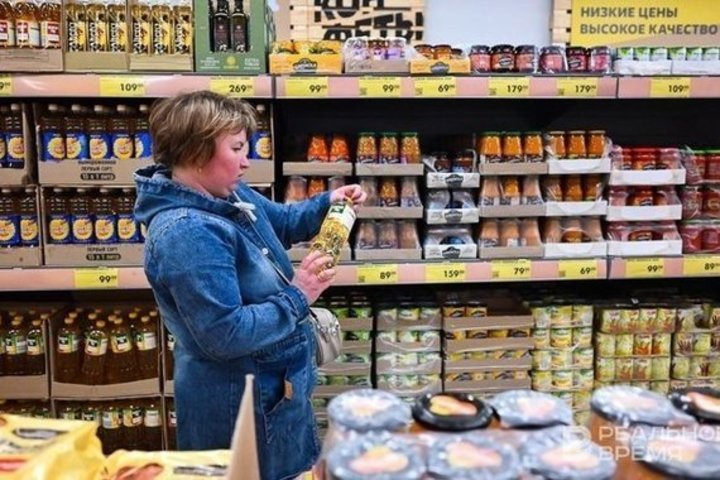
Leading Russian retail chains have noticeably increased their market share, “large retailers are taking over small regional chains,” said First Deputy Chairman of the Federation Council’s Committee for Agrarian and Food Policy and Environmental Management Sergey Mitin. The senator called on his colleagues to work on the issue of increasing the presence of products of small and medium-sized businesses on the shelves. At the same time, there are proposals in Russia to give the regions the right to limit retail chains themselves and raise the limit of restrictions from 25% to 35%. However, in Tatarstan, this initiative is regarded as a serious blow to the development of SMEs.
Large retailers “taking over” small chains in the regions
The share of Russia’s ten largest retail chains grew to 41% last year. In the regions, federal market mastodons are absorbing small retailers, First Deputy Chairman of the Federation Council’s Committee for Agrarian and Food Policy and Environmental Management Sergey Mitin outlined the problem at an extended meeting of the committee two days ago.
“Large chains are taking over small regional chains, and we must understand that the bulk of agricultural products and food still passes through them,” the senator emphasised and cited data for Russia: “In 49 regions of the country, chains today occupy more than 25% of the volume product sales, 22 chains in 48 regions have a share of 30-50%, and 10 chains have a share of more than 50% in 19 regions!”
Mitin called on his colleagues to work more actively to ensure that more local farm products are presented on the shelves of large retail chain stores.

According to federal law, the maximum market share of retail chains should not exceed 25% in one municipality. However, in May, the Ministry of Industry and Trade of the Russian Federation discussed increasing it to 35%. In particular, Governor of Tambov region Maxim Yegorov made a proposal. At that time, State Secretary and Deputy Minister of Industry and Trade Viktor Yevtukhov (Editor’s note: he was appointed head of the Russian Presidential Administration for state policy in the Defence and Industry Complex) explained that the meeting was held at the request of the regions and because changes in the trade law was not unanimously supported, and an increase to 35% was considered inappropriate for the entire country.
“Nevertheless, in my opinion, regions should still have the opportunity to decide for themselves that the share of retail chains in their specific territory may be higher or lower than that established by law as a whole,” explained Viktor Yevtukhov.
Federal Anti-Monopoly Service: ““The 25% limit is a very correct measure”
The Federal Anti-Monopoly Service opposes the initiative to increase the maximum possible market share of retail chains and delegate the issue to the regions of the country. According to head of FAS, Maxim Shaskolsky, the current limitation on the share of retail chains to 25% is beneficial to the regions, since it contributes to the development of small and medium-sized businesses, the expansion of supply chains and the solution of social problems.
“Most consumers use retail chains, and the chains have a certain market power over producers. To limit this power, the law limits the 25% share of a retail chain in a municipality or urban district. If the sales volume is over 25%, then new stores [of this chain] cannot be opened. We believe this is a very correct measure, it supports the development of small and medium-sized businesses and provides additional mechanisms for the regions,” the head of the service told Russia 24 TV channel.
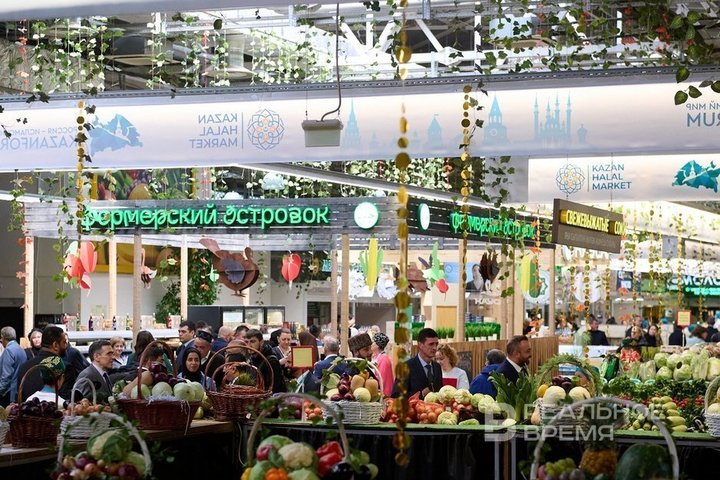
The speaker noted that a large retail chain, as a rule, accumulates profits where its headquarters or central office is located: “And small and medium-sized businesses operating successfully in the region begins to invest in new stores, delivery pick-up points, perhaps , hotels will be built, etc. This is very beneficial to the regions, and most regions also defend, like us, this share of 25% and do not want it to be exceeded.” According to him, the regulator has to collect statistics and calculate the share of presence of retail chains in regional markets. “In some cases, for example, in Saint Petersburg, one of the retail chains has reached this limit and cannot and does not have the right to open its own store, and we are monitoring this.”
Increasing the share of networks in itself is not a violation
As Realnoe Vremya was told by the Tatarstan office of the Federal Anti-Monopoly Service, the regulator “does not support increasing the maximum permitted share of retail chains in the region from 25% to 35% of local market turnover”:
According to the service, currently, legislation is aimed at preventing monopolisation of the industry and maintaining a balance of interests of participants in food trade markets. Increasing the threshold established by the trade law may lead to greater market power of existing retail chains, the creation of additional barriers to enter the product market for small and medium-sized businesses, bigger pressure on suppliers and limited availability of the goods they produce for end consumers. This will cause a reduction in assortment, a decrease in the affordability of goods, and a redistribution of income in the chain “from field to counter” in favour of larger retail chains.
The administration added that in Tatarstan, “the share of federal retail chains Pyatyorochka and Magnit has been over 25% for many years.”
“If you raise the share too high, some kind of monopolist will appear”
Due to high saturation of the market in Tatarstan, two years ago, the largest federal food retail players Pyatyorochka and Magnit experienced difficulties opening new stores in the region due to restrictions of the Federal Anti-Monopoly Service. As for Pyatyorochka’s owner X5 group, which is developing one of the networks, market participants confirm this trend in the company.

In recent years, the federal retailer has been actively developing its chain of Chizhik food discounters in regions. Earlier, in 2022, Pyatyorochka could no longer open new stores in 29 districts of Tatarstan, including Vysokaya Gora, Zelenodolsk, Laishevo and Pestretsy, which are close to Kazan. Magnit exceeded the share only in five districts of the republic — Vysokaya Gora, Laishevo, Leninogorsk, Sarmanovo, Cheremshan and Yutazy (before the deal with Edelweiss to lease out space).

“If the federal retailers have a larger market share, what’s the point of them making competitive offers?”
“It is obvious that there are many sides and opinions in this issue: retailers, small entrepreneurs, manufacturers and developers,” noted Yelena Stryukova, plenipotentiary representative of the Russian Guild of Managers and Developers in Tatarstan. According to her, on the one hand, the dominance of retail chains can negatively affect manufacturers that cannot always meet the conditions of the largest retailers. On the other hand, the 25% limit can harm the development of trade in small settlements and create a shortage of necessary products:

Property owners can earn more from non-chain tenants, since large retailers have strict limits on the rates they are willing to pay, the expert believes. “However, cooperation with chains provides long-term stable income with lower risks,” added the newspaper’s interlocutor.
It has not yet been possible to find out how large retailers themselves feel about the idea of transferring the right to limit their presence to the regions. Realnoe Vremya sent inquiries to the Pyatyorochka, Magnit and Lenta retail chains, but X5’s press service reported that they would refrain from commenting on the initiative adding that they strictly comply with the requirements of the Anti-Monopoly Service for opening new stores in Tatarstan:
“The market share of a company is calculated by the Federal Anti-Monopoly Service based on the company’s share in the total turnover for the calendar year. Of course, there are municipalities where X5 has reached the 25% share such as Alky District and Tyulyachy District, but most of the republic is open to organic development. We strictly follow the principles of anti-trust legislation and do not plan to open new stores next year until the official release of the FAS statistics for municipalities if they are closed for the development of the chain,” X5 Group’s press service told Realnoe Vremya.
Responses have not yet been received from two other retailers, Magnit and Lenta; comments will be published after they are received.
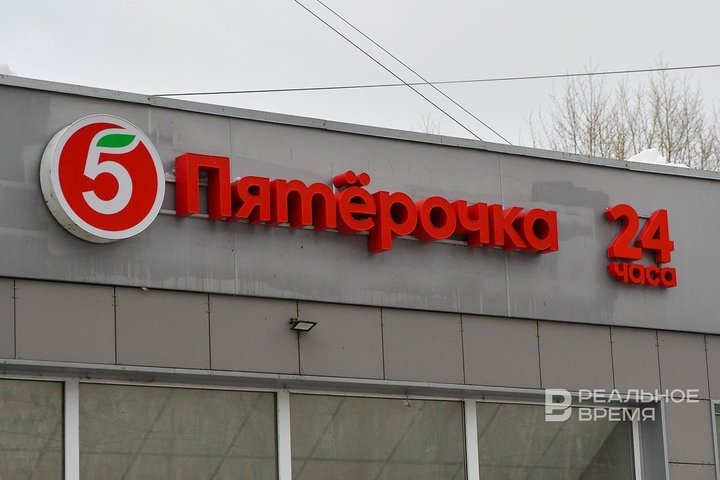
As for Tatarstan businesses, entrepreneurs consider a possible increase in the maximum market share of large retail chains in the republic to be a disaster for the development of local small and medium-sized businesses.
“This will definitely kill regional chains! Now there is a very good measure in force, which is a limit of 25%, it still restrains the monopolisation of the market by large federal chains. And if the federal chains have a larger market share, then what is the point of making them any competitive offers? This will lead to consolidation of the market if one of the federal chains takes a higher share,” says Guzel Ananyeva.
Problems in this case will arise for local suppliers of federal retailers too, the expert believes: “The chains will force them to sign up for their terms. I don’t see anything good in this, I don’t know why Tambov needs this?” According to her, if the maximum market share of retail chains increases, regional manufacturers and retail will not be able to develop: “Take the local bakery. Each federal chain is present in some way, it usually works with 5-6 federal chains and retail stores. So its risks are diversified in case someone doesn’t pay or something else. In this case, his situation will be more stable than if 50% of his products or more are purchased by some major player who will simply squeeze all the juice out of him. We know very well how Pyatyorochka works — they have crazy, so to speak, very strict conditions both in terms of pricing and penalties.”
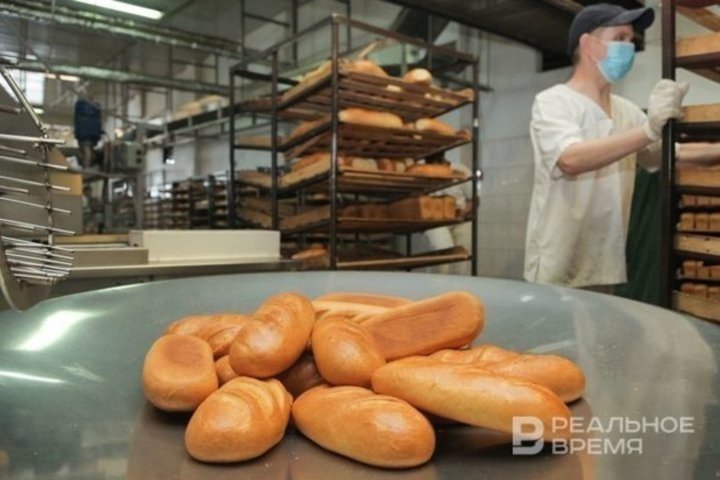
The deputy chairman of the Chamber of Commerce and Industry of the Republic of Tatarstan believes that the balance in limiting retail chains to a quarter of the market share should be maintained. At the same time, it is better to regulate this issue without the participation of the regions. “I’ll be honest, it seems to me that the vector should be set at the federal level and everyone should stick to it. I understand that there may be distortions somewhere, but if we completely remove them and give them to the regions, it may turn out that the distortion will be even greater,” he believes.
“Now it is time to develop regional chain, there are a lot of federal chains at every turn”
It is noteworthy that changing the maximum permitted market share of large retailers was discussed in Russia six years ago, but they did not talk about increasing it, but, on the contrary, about reducing it from 25% to 15%. The Federal Anti-Monopoly Service then said that it did not support this proposal, stating that market participants and authorities hold different views, and therefore, the agency considers it necessary to continue the dialogue to find the optimal solution.
“If there is a reduction in the maximum share of retail chains, it would be great. Now it is time to develop regional chains because there are too many federal players: Magnit, Pyatyorochka stores are at every turn. Unique chains, on the contrary, are brighter and more interesting because they have a different assortment and better quality: someone cooks locally, someone, perhaps, imports products or somehow works with house brands. We now have a lot of people who deal in semi-finished and ready-to-eat food. In these conditions [of a decrease in the share of chains], it would be easy for local players to enter the market with high-quality and fresh products, and the chains themselves would work with manufacturers more gently,” says Guzel Ananyeva.
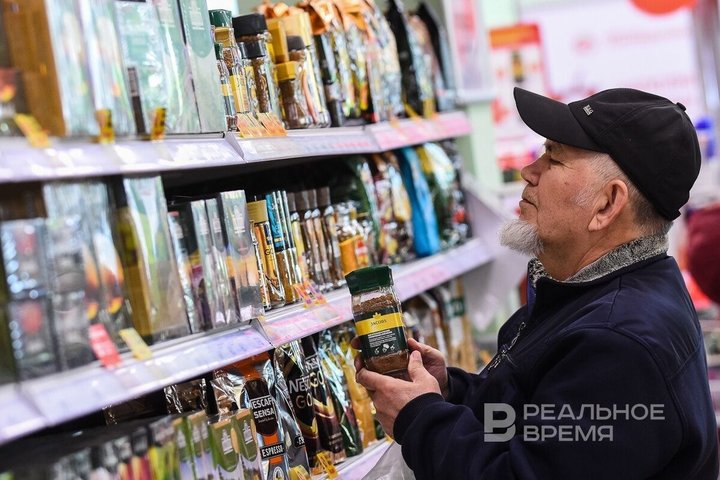
The application of the same restrictions to large online retail raises big questions among experts. It is still unclear how to control the presence of Ozon, Wildberries and other marketplaces in regional markets. “Of course, I don’t know how to calculate their share; it’s not easy for the Federal Anti-Monopoly Service. There may also be certain distortions here. Who was the first to get into the market, where there was no one yet? It entered it and owns 100% of it alone, so to speak, I’m putting an example. But still, there must be some limiting factors for the development of marketplaces. In general, in this regard, retailers themselves gradually switching to delivery are helping anti-monopoly officers to some extent,” concluded Artur Nikolayev.